International Business Machines Corporation's (IBM) Market Performance and Analyst Ratings
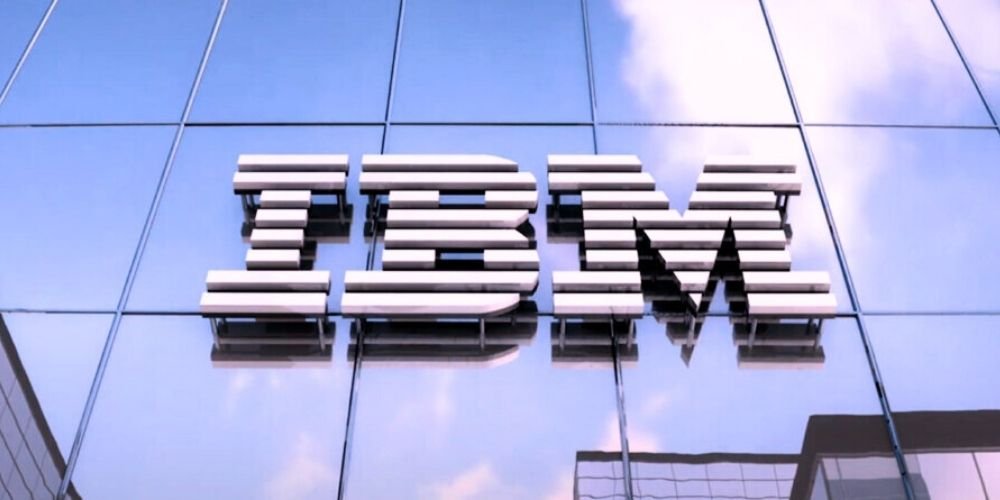
- UBS maintained a "Sell" rating for IBM (NYSE:IBM), adjusting its price target to $210 from $200.
- IBM reported strong earnings with adjusted earnings per share of $2.65 and revenue of $16.33 billion, surpassing consensus estimates.
- Concerns about slowing growth in IBM's software segment have led to a 7% decline in after-hours trading.
International Business Machines Corporation, known as IBM (NYSE:IBM), is a global technology company that provides hardware, software, and services. It is a leader in cloud computing, artificial intelligence, and enterprise solutions. IBM competes with tech giants like Microsoft and Amazon in the cloud services market. On October 23, 2025, UBS maintained a "Sell" rating for IBM, with a "hold" action, and adjusted its price target to $210 from $200, as highlighted by TheFly. At that time, IBM's stock was priced at $287.51.
Despite a strong earnings report, IBM's stock experienced a 7% decline in after-hours trading on October 22, 2025. The company reported adjusted earnings per share of $2.65, surpassing the consensus estimate of $2.45. Revenue also exceeded expectations, reaching $16.33 billion compared to the anticipated $16.09 billion. However, concerns about slowing growth in IBM's software segment overshadowed these positive results.
In Thursday's pre-market session, IBM's stock continued to decline, falling nearly 7%. This drop was attributed to a slowdown in growth within its core cloud software segment. Investors are worried about IBM's ability to capitalize on the increasing demand for cloud services, which is crucial for the company's future growth prospects.
IBM's stock price has fluctuated recently, with a 1.94% increase, reaching $287.51. The stock has seen a low of $281.35 and a high of $289.13 today. Over the past year, IBM's stock has ranged from a high of $301.04 to a low of $203.51. The company's market capitalization is approximately $267.8 billion, with a trading volume of 10.1 million shares.
| Symbol | Price | %chg |
|---|---|---|
| DCII.JK | 260700 | 0.12 |
| MLPT.JK | 79500 | -0.63 |
| WIFI.JK | 3180 | 1.57 |
| 018260.KS | 188800 | 3.81 |
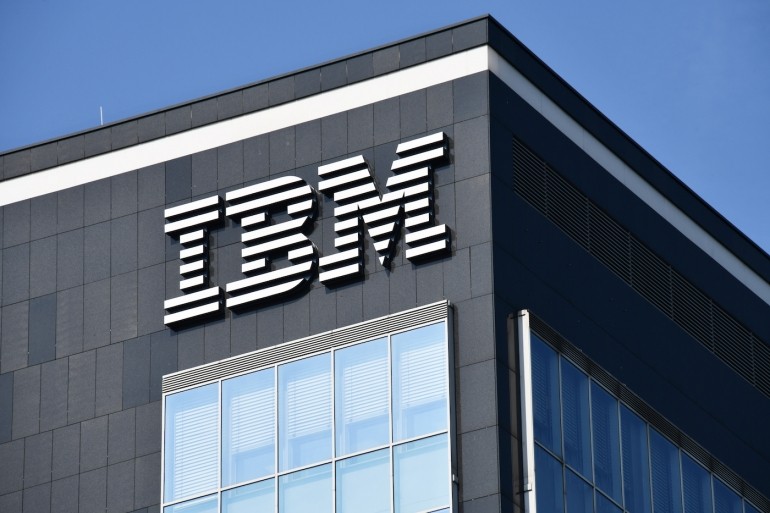
IBM Shares Fall 5% as Software Weakness Offsets AI-Driven Gains
IBM (NYSE:IBM) shares declined over 5% in Thursday’s premarket session as a drop in software sales overshadowed stronger-than-expected earnings and revenue driven by AI-related demand.
The company posted earnings per share of $2.80, beating estimates of $2.65, supported by a 320-basis point improvement in operating margin. Revenue increased to $17 billion, topping the consensus of $16.59 billion.
CEO Arvind Krishna noted that IBM exceeded expectations for both revenue and free cash flow, pointing to a growing pipeline in generative AI, now valued at over $7.5 billion in business bookings.
IBM raised its full-year free cash flow outlook to more than $13.5 billion, citing robust first-half performance and expanding margins.
CFO James Kavanaugh said improved portfolio mix and productivity efforts contributed to double-digit profit growth.
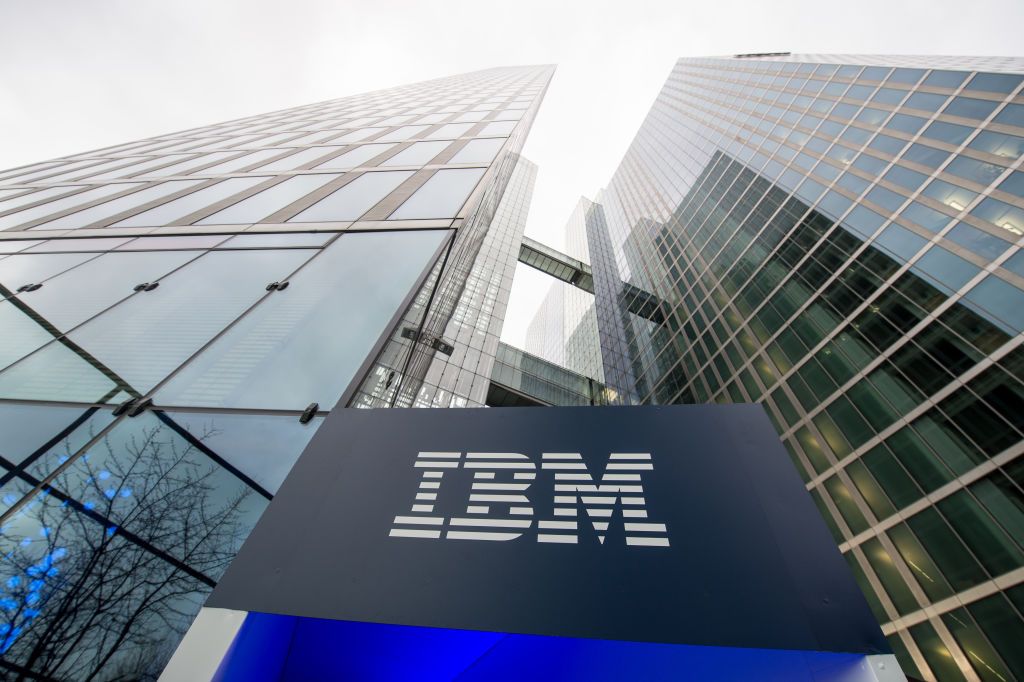
BofA Reiterates Buy on IBM Ahead of Q2 Earnings
BofA Securities reiterated its Buy rating on IBM (NYSE:IBM) with a $320 price target, highlighting the company’s defensive positioning and potential for steady growth as it approaches second-quarter earnings on July 23rd.
The firm expects results to reflect mixed trends across IBM’s business segments. Red Hat (RHT) is anticipated to show growth acceleration, while Consulting may underperform, mirroring softness seen among industry peers. IBM could also benefit from favorable foreign exchange movements, providing a slight tailwind to earnings.
Despite some near-term challenges, BofA maintains a bullish stance on IBM due to its stable revenue base, improving cash flow, and ability to deploy capital for strategic acquisitions. The bank expects IBM to largely stick with its full-year guidance, though there could be minor adjustments—slightly lower expectations for Transaction Processing and modest upside for Red Hat.
With a focus on recurring revenue streams and a growing software footprint, IBM remains a defensive investment opportunity with upside potential as it continues to balance growth initiatives with shareholder returns.
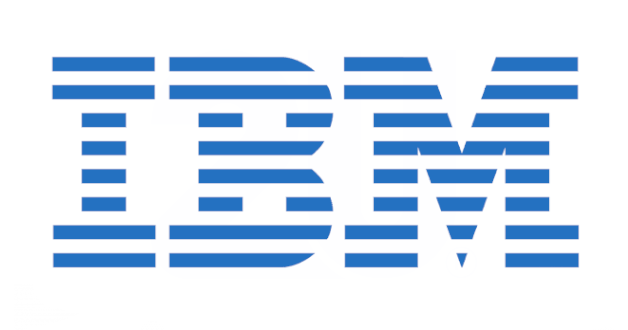
International Business Machines Corporation's (IBM) Market Performance and Future Prospects
International Business Machines Corporation, known as IBM (NYSE:IBM), is a global technology and consulting company. It offers a wide range of products and services, including cloud computing, AI, and enterprise software. IBM competes with tech giants like Microsoft and Amazon in the cloud and AI sectors. On May 10, 2025, Citigroup maintained its "Outperform" rating for IBM, with the stock priced at $249.20, as reported by Benzinga.
Despite the positive rating, Seeking Alpha highlights a disconnect between IBM's fundamentals and its recent stock price movements. Since mid-2023, IBM's revenue growth has been modest compared to peers, even as the AI boom has driven a bullish run. At the Think 2025 event, IBM emphasized its AI focus, showcasing products like LinuxONE 5 and an upgraded watsonx.data, which aim to enhance AI capabilities.
Goldman Sachs analyst James Schneider maintained a Buy rating for IBM, with a price target of $270, citing the importance of IBM's AI portfolio for enterprise customers. IBM's CEO, Arvind Krishna, noted that AI is moving from experimental to practical applications, potentially driving 30% of new applications by 2028. IBM's AI solutions are expected to support margin expansion.
IBM's stock has risen by 48% over the past year and 13% this year, trading at $249.12. It is above its moving averages, with technical indicators like MACD and RSI suggesting a strong bullish trend. Analysts, including Wedbush's Dan Ives, are optimistic, with Ives setting a price target of $300, highlighting IBM's extensive AI applications and its $5 billion generative AI business.
IBM's stock has fluctuated today between $247.64 and $252.99, with a market cap of approximately $231.61 billion. The stock's 52-week range is between $163.53 and $266.45. With a trading volume of 2,363,138 shares, IBM remains a significant player in the tech industry, focusing on AI and hybrid cloud strategies to drive future growth.

International Business Machines Corporation's (IBM) Market Performance and Future Prospects
International Business Machines Corporation, known as IBM (NYSE:IBM), is a global technology and consulting company. It offers a wide range of products and services, including cloud computing, AI, and enterprise software. IBM competes with tech giants like Microsoft and Amazon in the cloud and AI sectors. On May 10, 2025, Citigroup maintained its "Outperform" rating for IBM, with the stock priced at $249.20, as reported by Benzinga.
Despite the positive rating, Seeking Alpha highlights a disconnect between IBM's fundamentals and its recent stock price movements. Since mid-2023, IBM's revenue growth has been modest compared to peers, even as the AI boom has driven a bullish run. At the Think 2025 event, IBM emphasized its AI focus, showcasing products like LinuxONE 5 and an upgraded watsonx.data, which aim to enhance AI capabilities.
Goldman Sachs analyst James Schneider maintained a Buy rating for IBM, with a price target of $270, citing the importance of IBM's AI portfolio for enterprise customers. IBM's CEO, Arvind Krishna, noted that AI is moving from experimental to practical applications, potentially driving 30% of new applications by 2028. IBM's AI solutions are expected to support margin expansion.
IBM's stock has risen by 48% over the past year and 13% this year, trading at $249.12. It is above its moving averages, with technical indicators like MACD and RSI suggesting a strong bullish trend. Analysts, including Wedbush's Dan Ives, are optimistic, with Ives setting a price target of $300, highlighting IBM's extensive AI applications and its $5 billion generative AI business.
IBM's stock has fluctuated today between $247.64 and $252.99, with a market cap of approximately $231.61 billion. The stock's 52-week range is between $163.53 and $266.45. With a trading volume of 2,363,138 shares, IBM remains a significant player in the tech industry, focusing on AI and hybrid cloud strategies to drive future growth.
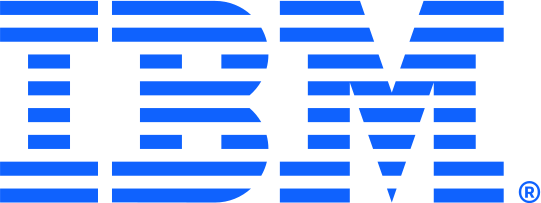
IBM's Market Performance and Future Outlook
- BMO Capital updates IBM (NYSE:IBM) rating to "Market Perform" with a neutral outlook.
- IBM's earnings per share (EPS) expected to decrease to $1.43 from $1.68.
- Projected quarterly revenue slightly down at $14.39 billion from $14.46 billion.
International Business Machines Corporation, known as IBM, is a major player in the technology industry, listed on the New York Stock Exchange under the symbol IBM. The company is renowned for its hardware, software, and services, with a focus on innovation and technology solutions. IBM faces competition from other tech giants like Microsoft and Oracle.
On April 23, 2025, BMO Capital updated its rating for IBM (NYSE:IBM) to "Market Perform," maintaining a "hold" action. At this time, IBM's stock price was approximately $247.65. This rating suggests that BMO Capital expects IBM's stock to perform in line with the market, indicating a neutral stance on the company's future performance.
IBM is set to release its first-quarter earnings results after the closing bell on April 22. Analysts expect earnings of $1.43 per share, a decrease from $1.68 per share in the same period last year. This decline in earnings per share (EPS) may have influenced BMO Capital's decision to maintain a "hold" rating, as it reflects a potential challenge in IBM's profitability.
The company's projected quarterly revenue is $14.39 billion, slightly down from $14.46 billion a year earlier. This minor decrease in revenue suggests that IBM is facing some headwinds in maintaining its sales growth. Despite this, IBM's recent launch of the IBM z17 mainframe, which integrates advanced artificial intelligence features, demonstrates the company's commitment to innovation and enhancing business operations.
Ahead of the earnings release, IBM shares experienced a 2% increase, closing at $240.90 on Tuesday. This rise in stock price indicates investor optimism about the company's future prospects, possibly driven by the anticipation of the new mainframe's impact on IBM's business. However, the upcoming earnings report will provide more clarity on IBM's financial health and future direction.

IBM's Market Performance and Future Outlook
- BMO Capital updates IBM (NYSE:IBM) rating to "Market Perform" with a neutral outlook.
- IBM's earnings per share (EPS) expected to decrease to $1.43 from $1.68.
- Projected quarterly revenue slightly down at $14.39 billion from $14.46 billion.
International Business Machines Corporation, known as IBM, is a major player in the technology industry, listed on the New York Stock Exchange under the symbol IBM. The company is renowned for its hardware, software, and services, with a focus on innovation and technology solutions. IBM faces competition from other tech giants like Microsoft and Oracle.
On April 23, 2025, BMO Capital updated its rating for IBM (NYSE:IBM) to "Market Perform," maintaining a "hold" action. At this time, IBM's stock price was approximately $247.65. This rating suggests that BMO Capital expects IBM's stock to perform in line with the market, indicating a neutral stance on the company's future performance.
IBM is set to release its first-quarter earnings results after the closing bell on April 22. Analysts expect earnings of $1.43 per share, a decrease from $1.68 per share in the same period last year. This decline in earnings per share (EPS) may have influenced BMO Capital's decision to maintain a "hold" rating, as it reflects a potential challenge in IBM's profitability.
The company's projected quarterly revenue is $14.39 billion, slightly down from $14.46 billion a year earlier. This minor decrease in revenue suggests that IBM is facing some headwinds in maintaining its sales growth. Despite this, IBM's recent launch of the IBM z17 mainframe, which integrates advanced artificial intelligence features, demonstrates the company's commitment to innovation and enhancing business operations.
Ahead of the earnings release, IBM shares experienced a 2% increase, closing at $240.90 on Tuesday. This rise in stock price indicates investor optimism about the company's future prospects, possibly driven by the anticipation of the new mainframe's impact on IBM's business. However, the upcoming earnings report will provide more clarity on IBM's financial health and future direction.







